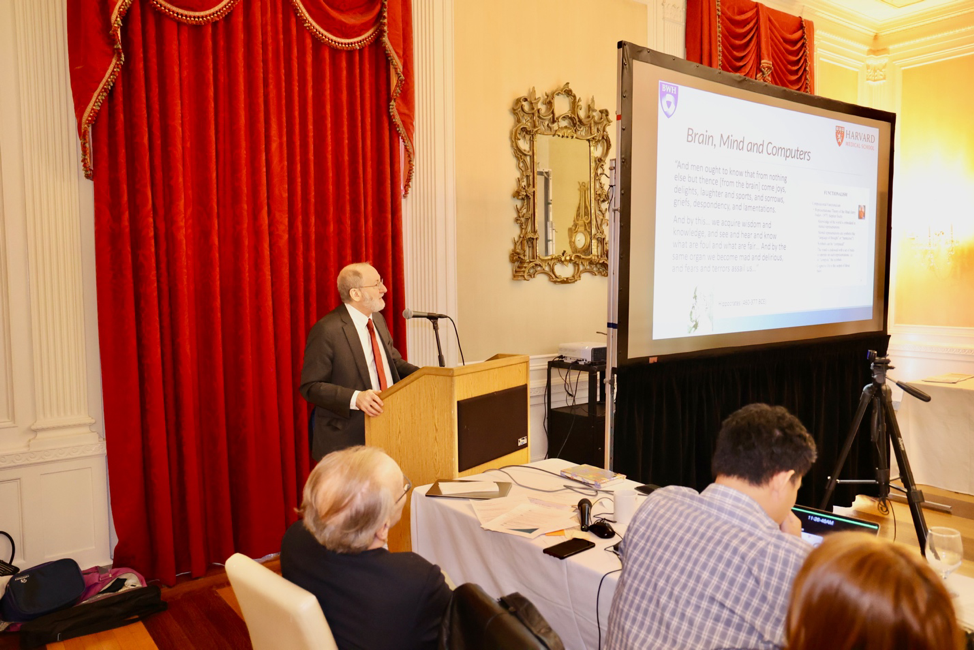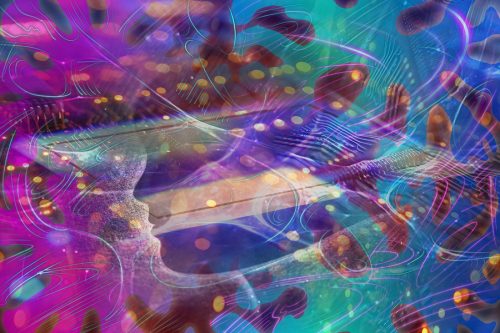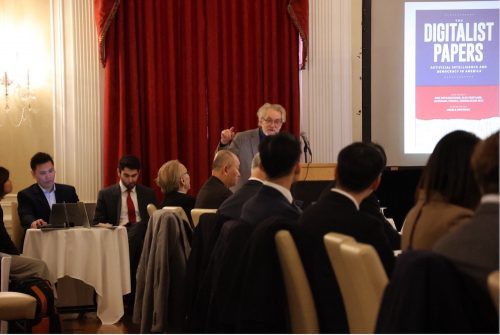Professor David Silbersweig, Harvard Medical School, a key member of AIWS Natural AI Initiative, recommends this paper: Brain organoid reservoir computing for artificial intelligence: https://www.nature.com/articles/s41928-023-01069-w

Brain-inspired computing hardware aims to emulate the structure and working principles of the brain and could be used to address current limitations in artificial intelligence technologies. However, brain-inspired silicon chips are still limited in their ability to fully mimic brain function as most examples are built on digital electronic principles. Here we report an artificial intelligence hardware approach that uses adaptive reservoir computation of biological neural networks in a brain organoid. In this approach—which is termed Brainoware—computation is performed by sending and receiving information from the brain organoid using a high-density multielectrode array. By applying spatiotemporal electrical stimulation, nonlinear dynamics and fading memory properties are achieved, as well as unsupervised learning from training data by reshaping the organoid functional connectivity. We illustrate the practical potential of this technique by using it for speech recognition and nonlinear equation prediction in a reservoir computing framework.
In a landmark initiative, prominent scientists, strategists and policy makers are joining forces to redefine the public narrative surrounding artificial intelligence (AI), grounding it in the science of computational physics, biology, and neuroscience. The Active Inference Institute and the Boston Global Forum, through a joint letter signed by leading experts, announce a pivotal effort to reshape the discourse on AI.
Titled “A Natural AI Based on The Science of Computational Physics, Biology, and Neuroscience: Policy and Societal Significance,” the letter addresses the remarkable advancements in AI, especially Large Language Models (LLMs) and Transformer models. While acknowledging their achievements, the letter underscores concerns about the lack of scientific principles guiding their development and the absence of independent performance standards.










